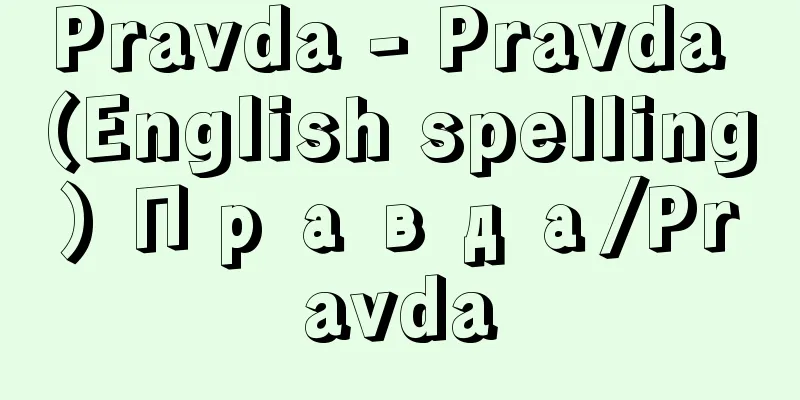All together - Ikko

[1] (adverb) (often accompanied by 「に」 or 「の」)① A word expressing the idea of concentrating oneself on one thing and not thinking about anything else. It is easily combined with words of action. Entirely. Singlemindedly. Let's go. ※Ichi-ichi Kishomon (around 1212) "Without acting like a wise person, one should simply chant the Nembutsu like this." ※Soga Monogatari (around the Northern and Southern Courts) 2 "Relying on him just like this, I will live my life through the years." [Yakushi-kyo]② A word expressing the idea that things are completely in line with one trend. It is easily combined with words of form. All. All in all. Entirely. Extensively. Indiscriminately. ※Sakyo-ki, October 17, 1031 (4th year of the Chōgen era), "The next tremor caused everything to fall over, and all the timber fell over itself." ※I Am a Cat (1905-06), by Natsume Soseki, "Even when others were shivering, he was completely unconcerned." ③ Used with a negative word to emphasize the completeness of the degree. Almost. Not at all. Completely. Absolutely. ※Denjo Shigo (1056), Izumiseki, "Summer is cold, and I will not say a word . The autumn winds are gradually stirring up the terrain." ※Chūka Wakaki Shishu (around 1520), "The water in the water trough has frozen, and no water can flow through it." ④ In one direction. ※Sarugaku Dangi (1430), preface: "I only had one chance to fight , but I didn't know that there were ten different types." ⑤ Expresses the meaning of choosing one thing. Better yet. On the contrary. ※Joruri, Oiso Torako Monogatari (around 1694), 4: "I will not tolerate my mother's apologies without your help . " [2] [Adjective-verb] Used with a negative meaning. Totally terrible. Completely unacceptable. → Something that is completely unacceptable. ※Sharakuhon, Keisei Kaini Musubimichi (1798), Natsu no Toko: "You must not be confused with those who have treated us with the same dedication for generations." [Etymology] "Ikau" is used frequently in kana literature from the Heian period, and "Ikko" has become more common since the Kamakura period.Hitomuki [all-out]Let's go ...Kow [All together]Source: The Selected Edition of the Japanese Language Dictionary About the Selected Edition of the Japanese Language Dictionary Information |
[1] 〘副〙 (「に」「の」を伴うことが多い)① 一つのことがらに専念して他を考えない意を表わす語。動作性の語にかかりやすい。ひたすら。いちずに。いこう。※一枚起請文(1212頃)「智者の振舞をせずして、只一かうに念仏すべし」※曾我物語(南北朝頃)二「一かう彼れをうち頼み、年月を送り給ふ」 〔薬師経〕② 物事が完全に一つの傾向にある意を表わす語。形状性の語にかかりやすい。すべて。全部。もっぱら。たいそう。むやみに。※左経記‐長元四年(1031)一〇月一七日「次震動顛倒、材木一向自中倒臥」※吾輩は猫である(1905‐06)〈夏目漱石〉一「他(ひと)が顫へて居ても一向平気なものである」③ 下に打消の語を伴って、程度の完全なことを強める意を表わす。まるで。ちっとも。さっぱり。まったく。※殿上詩合(1056)泉石夏中寒〈藤原季綱〉「一向莫レ言煩熱尽、秋風偸逐二地形催一」※中華若木詩抄(1520頃)中「筧の水が凍りて、一向に水が不通ぞ」④ 一つの方面。※申楽談儀(1430)序「一かうの風斗(ばかり)を得て十体にわたる所を知らで」⑤ 一つのことがらを選び取る意を表わす。いっそ。むしろ。※浄瑠璃・大磯虎稚物語(1694頃)四「母の御めんなくは一ッ向(いっこう)御手にかけてたべ」[2] 〘形動〙 否定的な意味を含めていう。全くひどい。まるでだめだ。→一向なもの。※洒落本・傾城買二筋道(1798)夏の床「代々一向な仕打(しうち)の者にまぎれござなく候かへ」[語誌]平安時代のかな文学には「いかう」が多く、鎌倉時代以後は「一向」が多い。
ひと‐むき【一向】い‐こう ‥カウ【一向】出典 精選版 日本国語大辞典精選版 日本国語大辞典について 情報 |
<<: Ikko Sanzonbutsu - Ikko Sanzonbutsu
Recommend
Fruiting body
This refers to the spore-forming bodies of fungi,...
Smoky cockroach (English name) Periplaneta fuliginosa
Order Blattella, Family Blattidae. Body length 25-...
holarctic floral kingdom
… The currently widely accepted method of dividin...
Ahmet Nedim
A court poet of the Ottoman Empire. Born in Istan...
Perboric Acid - Kahousan
...A general term for compounds in which the oxyg...
Esposito, G.
...The north face is particularly famous in the h...
Heat of reaction
This refers to the amount of heat that enters and...
Brain hormone - Brain hormone
In insects, this hormone stimulates the prothoraci...
STOL - Estoll
...An aircraft that has a short runway distance f...
Wiretapping
…It is also called wiretapping. Of these, wiretap...
Pilgrimage to Itsukushima from Rokuon-in Temple -
This travelogue was written by Imagawa Sadayo, who...
Eishouki - Eishouki
The diary of Councillor and Left Minister Fujiwara...
Wood cutting - Kiwari
A method of determining the dimensions of each bu...
Kannon Bodhisattva - Kannon Bodhisattva
(Abbreviation of "Kanzeonbosatsu (Avalokitesv...
Clarkson, L.
…In the Puritan Revolution, a widespread sectaria...








![Ichihara [city] - Ichihara](/upload/images/67caed225ca07.webp)
